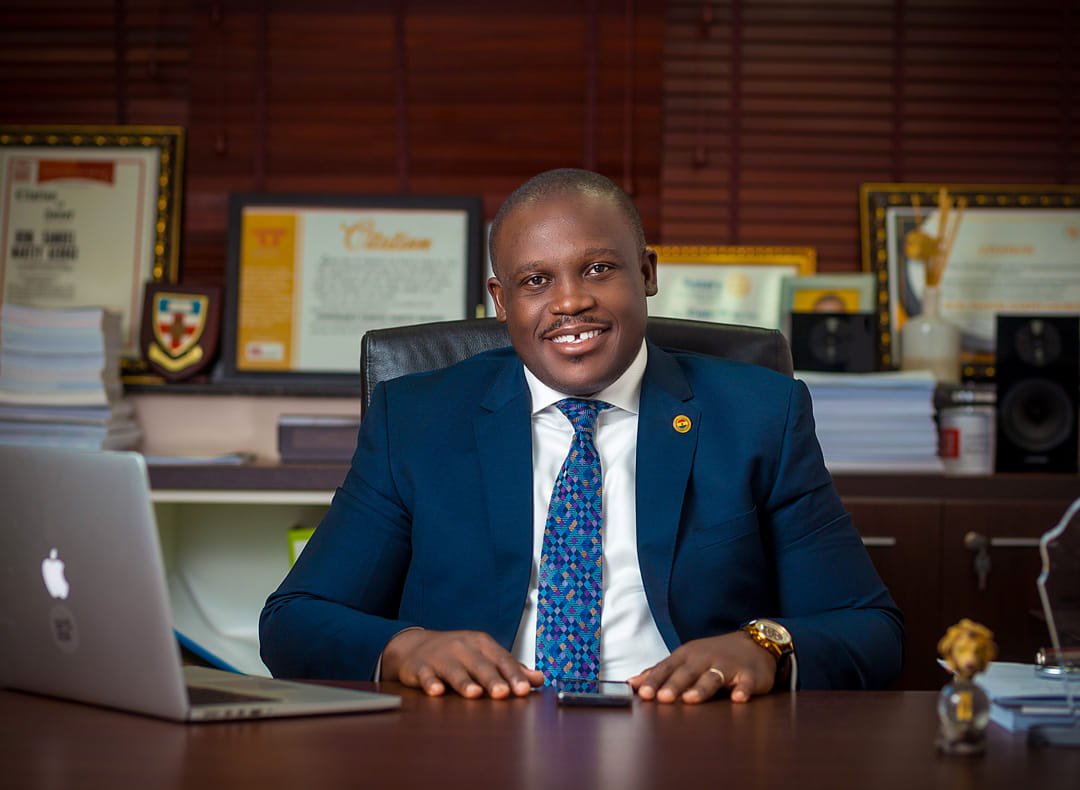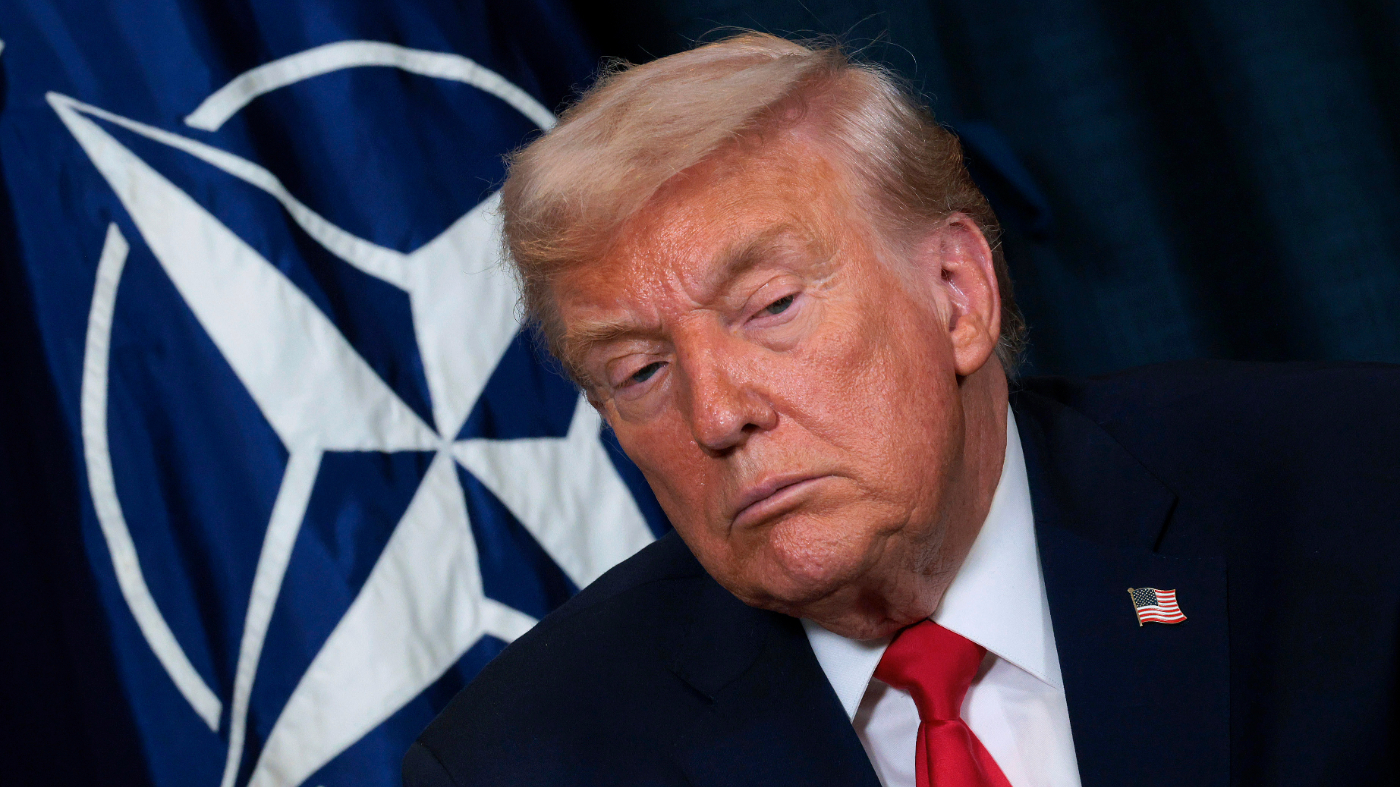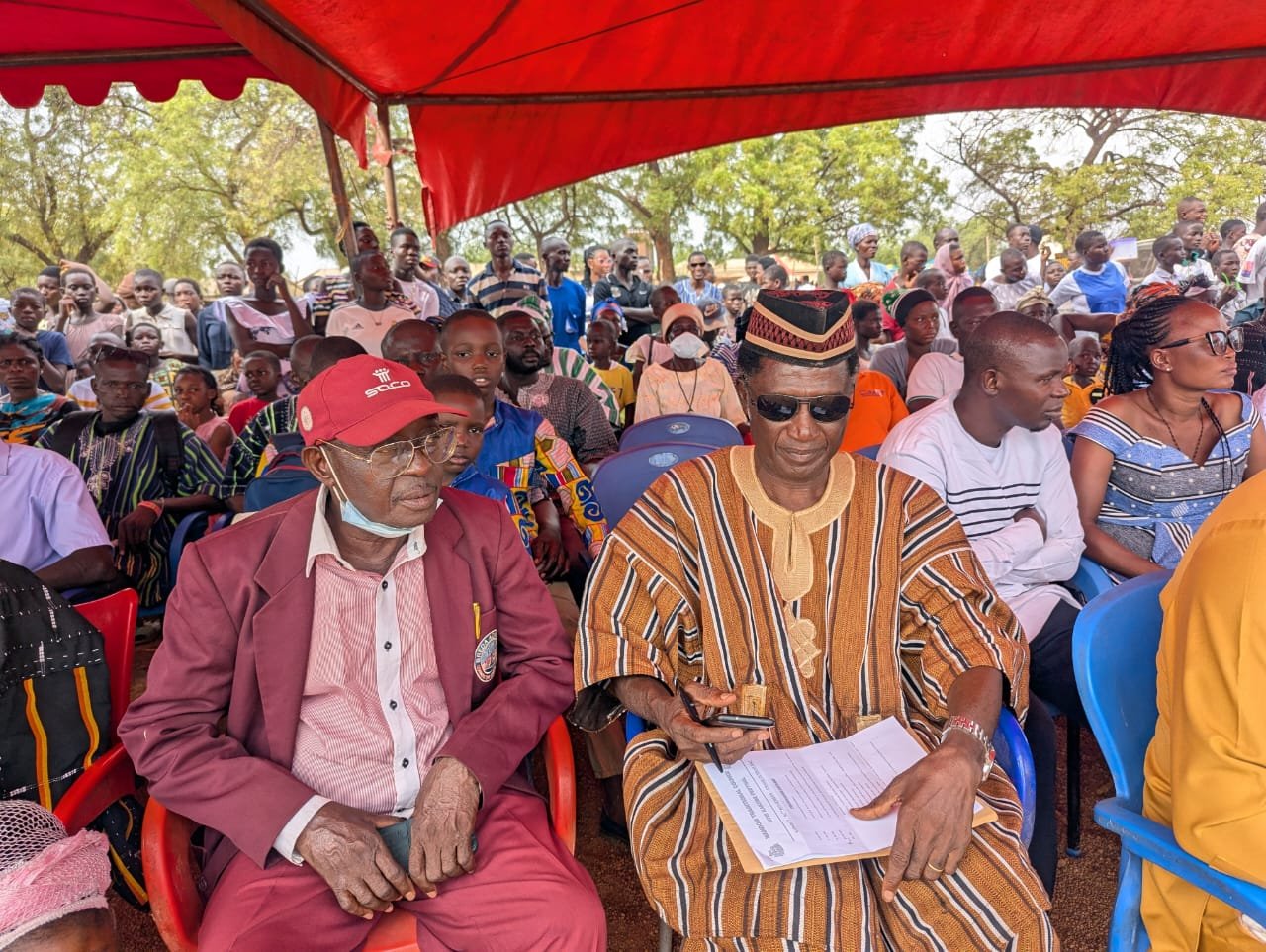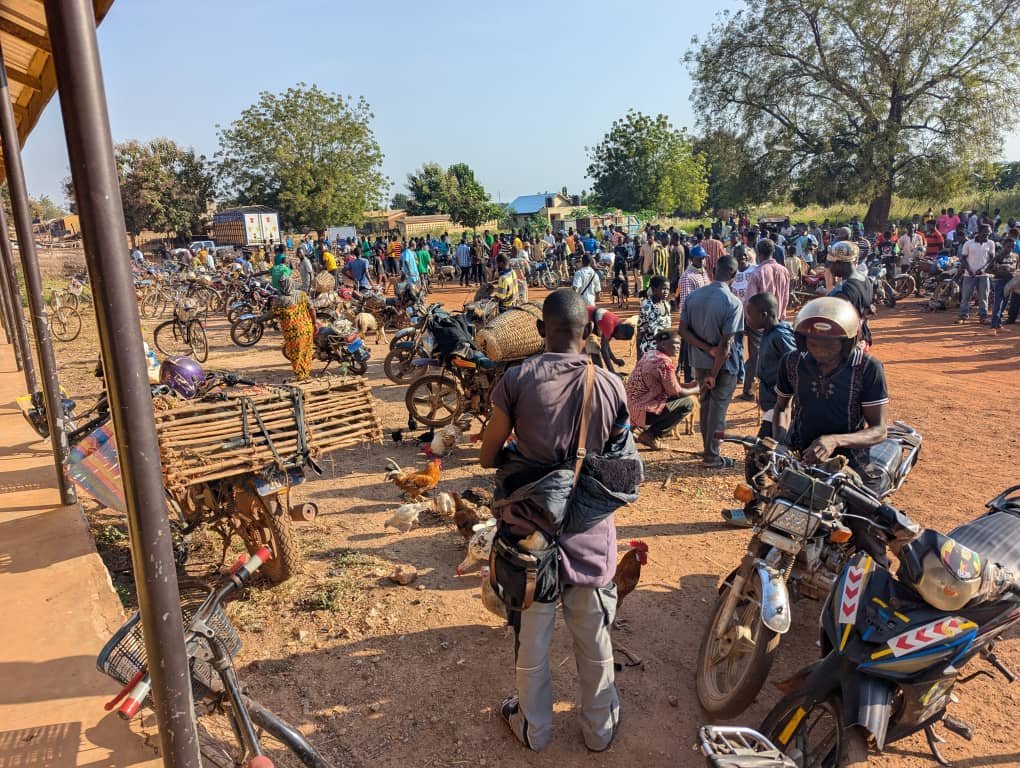Ghana is taking a bold legislative step to combat the growing menace of misinformation and disinformation, but not without raising eyebrows among digital rights advocates and media watchdogs.
On Wednesday, April 9, Minister for Communications Samuel Nartey George announced that his ministry is finalizing a specialized legislative framework to be presented to Parliament in the coming weeks. The proposed law, he said, aims to empower law enforcement to clamp down on individuals or entities that spread false or misleading information online and offline.
“I will present a specialised legislation document on misinformation and disinformation before Parliament… Once passed, we will clamp down on you if you are engaged in mis and disinformation,” the Minister warned.
The move comes amid growing global concern over the spread of false narratives, especially in election years and during public health crises. Ghana has had its share of viral misinformation, from politically charged fabrications to misleading health claims, circulating on social media and messaging apps like WhatsApp.
However, while the government’s intent may be to protect national discourse, media experts are urging caution. Critics argue that without clear definitions, such laws could be used to target journalists, opposition voices, and critics of government policies. They stress the importance of maintaining a balance between combating harmful content and safeguarding freedom of expression, a right enshrined in Ghana’s 1992 Constitution.
Africa’s Misinformation Dilemma
Ghana is not alone. Several African countries, including Nigeria, Kenya, and Uganda, have either passed or proposed similar legislation. While some have seen initial success in curbing online abuse, others have faced backlash for cracking down on dissent under the guise of “fighting fake news.”
Digital rights organizations like the Media Foundation for West Africa (MFWA) and Paradigm Initiative have long advocated for multi-stakeholder approaches, involving civil society, the tech industry, and journalists, rather than state-only enforcement.
In this vein, George called for collaborative responsibility in addressing misinformation, emphasizing that “we have a collective civic duty to be mindful in our communication.”
What Next?
As Parliament prepares to consider the bill in its next sitting, legal experts and civil society groups will be watching closely. Many are calling for open consultations, urging lawmakers to involve stakeholders in shaping the final draft to prevent abuse of the law or misapplication.
The big question is not whether Ghana should act, but how. Can the country effectively tackle disinformation while preserving the democratic values that define its political identity?











